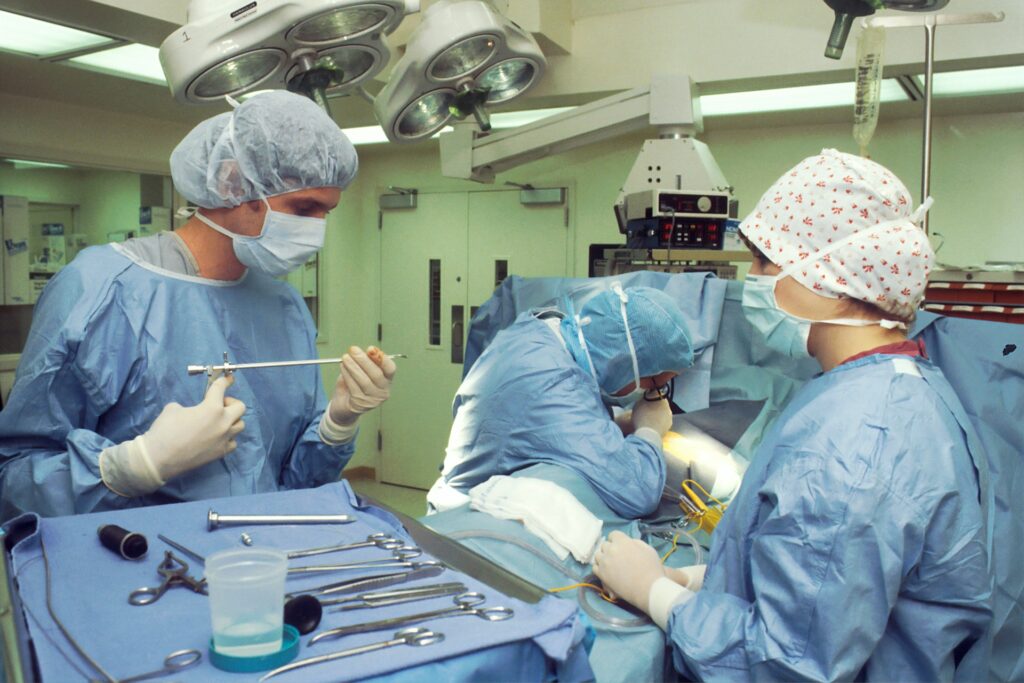Orthopedic surgery is a demanding medical specialty that focuses on diagnosing, treating, and managing conditions affecting the musculoskeletal system. While the field offers the reward of restoring patients’ mobility and quality of life, it comes with its own set of unique challenges. Orthopedic surgeons must navigate complex cases, physical demands, and the ever-evolving nature of medical science.

1. Complexity of Cases
Orthopedic conditions can range from simple fractures to intricate joint replacements and spinal surgeries. Surgeons must master a wide array of techniques and procedures to address diverse patient needs. Complex cases, such as severe trauma or multiple injuries, demand exceptional problem-solving skills and adaptability to achieve successful outcomes.
2. High Physical and Mental Demands
Orthopedic surgery often involves physically taxing procedures that require stamina, strength, and precision. Prolonged surgeries and the need to manipulate bones, joints, and muscles can take a toll on the surgeon’s body. Coupled with the mental concentration needed to make split-second decisions, the role can be exhausting.
3. Risk of Complications
Like all surgical fields, orthopedics carries the risk of complications, including infections, blood clots, and unsuccessful outcomes. Surgeons must be prepared to address these challenges and communicate effectively with patients about potential risks and realistic expectations.
4. Advancements in Technology
The rapid evolution of medical technology, such as robotic-assisted surgery and 3D printing for implants, presents both opportunities and challenges. Orthopedic surgeons must continuously update their skills to stay current with advancements, often requiring additional training and investment in state-of-the-art equipment.
5. Patient Expectations and Communication
Patients often have high expectations for quick recoveries and pain-free outcomes. Managing these expectations while providing compassionate care can be challenging. Effective communication is essential to help patients understand the realistic timelines and outcomes of their procedures.
6. Work-Life Balance
The demanding nature of orthopedic surgery, with long hours, emergency cases, and the need for continuous learning, often leaves little time for personal pursuits. Maintaining a healthy work-life balance is a constant struggle for many surgeons in the field.
7. Economic and Legal Pressures
Surgeons face the pressures of healthcare economics, including managing costs, insurance constraints, and maintaining compliance with legal and regulatory requirements. Additionally, the threat of malpractice claims adds another layer of stress.
Despite these challenges, orthopedic surgeons play a crucial role in restoring mobility and improving lives. Their dedication, skill, and resilience drive advancements in the field, ensuring patients receive the best possible care.

